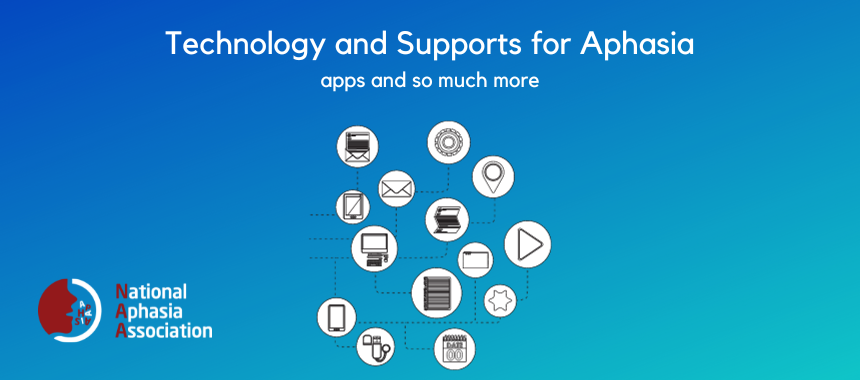
January 14, 2027 @ 4:30 pm - 5:30 pm EDT
We will demonstrate ways you can use technology and various applications to support people with aphasia and expand upon one’s current home program. We will go beyond just the apps “made for people with aphasia” and show you how to use the many options, personalize them, and tailor them to your needs so you can become more independent in your environment.
Brooke Lang and Bryn Bowles of Integrative Reconnective Aphasia Therapy lead this group. Starting in October, the group will meet on the first Thursday of the month at 4:30 pm Eastern Time on Zoom.
Email Sign-Up: https://forms.gle/ZZjCEfiJyseg5y9F7
Meet the Leaders
Brooke
Brooke Lang, M.A., CCC-SLP is a Speech Language Pathologist and owner of Integrative Reconnective Aphasia Therapy, specializing in the area of Aphasiology and Apraxia and providing telepractice services nationwide.
Brooke previously served as a lead clinician in the VA Pittsburgh Healthcare System’s intensive aphasia program (PIRATE), working under some of the most well-known Aphasia research professionals and Aphasiologists in the field of speech pathology.
She started Integrative Reconnective Aphasia Therapy in March of 2019, where she works to develop personalized treatment plans and provides innovative aphasia therapy techniques that go beyond the traditional approaches, applying both principles of neuroplasticity and evidence-based practice.
Brooke also published a best-selling book, titled “After Aphasia: A guide to rebuilding your
communication after a stroke,” a resource for individuals living with Aphasia, caregivers, and medical professionals. She has also written “Working Outside the Workbook,” providing an opportunity for individuals and care partners to implement unique speech/language exercises outside of therapy sessions.
Bryn
At age 26, Bryn Bowles was working in Alaska as a Critical Care Registered Nurse in the Intensive Care Unit and preparing for graduate school.
On May 20, 2019, Bryn ruptured an undiagnosed brain aneurysm, spent 30 days as a patient in the ICU being cared for by colleagues, undergoing 5 brain surgeries to save her life. She spent 3 months as an inpatient in neuro rehabilitation.
Her recovery continues today as she lives with aphasia, apraxia and paralysis. Bryn’s dreams have changed but her compassion for others remains steadfast, words or no words. She has a strong desire to help people with Aphasia, because she understands the frustrations and challenges they are going through.She currently is a group facilitator and mentor for people with Aphasia.
